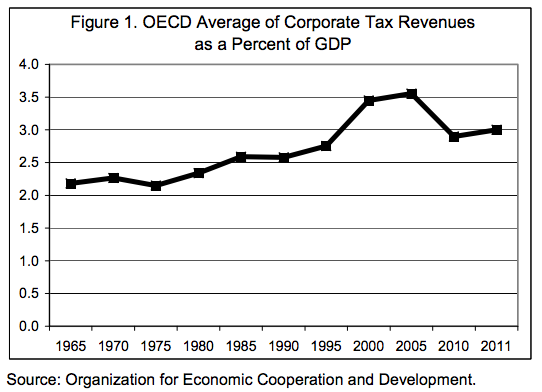Gridlock is a word often used these days to describe Congress, and Republicans are often blamed for refusing to compromise. Senator Harry Reid, the frustrated Majority Leader, said in 2013: “the anarchists have taken over. They’ve taken over the House and now they’ve taken over the Senate. People who don’t believe in government — and that’s what the Tea Party is all about — are winning, and that’s a shame.” US News & World Report wrote this about Republican Senate Majority Leader McConnell: “Unless he can stop the Senate from backsliding into gridlock, the leader may find himself and the Republican Party again relegated to the minority.”
Maybe a better explanation is that Obama is failing to engage with Congress to push his legislative agenda. The President’s relationship with Congress is at best arms-length. Kevin Drum wrote in Mother Jones in 2014:
Obama is an odd duck. It’s not just that he doesn’t schmooze. As near as I can tell, he has a barely concealed contempt for Congress. He doesn’t really enjoy playing the political game, and not just because it’s gotten so rancid in recent years.
Obama and Republicans
Obama’s relationship with Republicans is notoriously poor. Reportedly, the problem is the president’s autocratic style (elections have consequences). He doesn’t like negotiating. As reported in the New York Times:
After some back and forth, Mr. Obama pulled out his trump card. ‘Elections have consequences,’ he said, in Mr. Cantor’s recollection, ‘and Eric, I won.’
Aides said the president was being lighthearted and remembered it differently. ‘We just have a difference here, and I’m president,’ Mr. Obama said in this version.
Either way, the back and forth cemented impressions early. Mr. Obama and his team bristled at what they thought was a lack of deference to the president’s popular mandate. Mr. Cantor deemed it representative of Mr. Obama’s ‘my way or the highway’ attitude.”
Obama and Democrats
However, it’s not just the Republicans. The president doesn’t get along with either party in Congress. Obama’s relationship with then-Majority Leader Senator Harry Reid was described by the New York Times:
After his return to the Capitol that afternoon, Mr. Reid told other senators and his staff members that he was astonished by how disengaged the president seemed … the impression the president left with Mr. Reid was clear: Capitol Hill is not my problem.
To Democrats in Congress who have worked with Mr. Obama, the indifference conveyed to Mr. Reid, one of the president’s most indispensable supporters, was frustratingly familiar. … with his popularity at the lowest of his presidency, Mr. Obama appears remarkably distant from his own party on Capitol Hill
Obama’s relationship with Democrats’ leader in the House, Rep. Nancy Pelosi, was described this way in a story on RealClearPolitics:
By anyone’s definition, putting Obama and Pelosi together under one roof to sing House Democrats’ praises a week after a messy intraparty rift over trade policy should be interesting.…But on Tuesday, it was unclear whether the president and the liberal congresswoman from San Francisco were on speaking terms.
Obama and the Supremes
Well, there’s always the third branch, the courts: but Obama’s relationship with the Supreme Court has also been…frosty, as described in an article from the Washington Post:
More substantively, the two men clashed when Obama, during his 2010 State of the Union address, criticized the court’s …decision…while several justices sat in the front row of the audience…Justice Samuel A. Alito Jr. was seen to murmur “Not true” as he sat in the House chamber that night. Six weeks later, Roberts told an audience at the University of Alabama Law School that he was “very troubled” by the “setting, circumstance and decorum” that now marked the president’s annual address to Congress.
The fact that Obama has a frosty relationship with just about everyone in Washington leaves the finger of blame pointing straight at him. In the relationship with Congress, the President is responsible for providing initiative and direction, as described here in a publication from The Center on Congress:
the President tries to point the direction for the country…as the nation’s chief legislator, giving the Congress its to-do list for the year. …The President is entitled to recommend legislation, but his success at seeing his agenda enacted depends to a considerable degree on his skill at reaching out to members of Congress and persuading them to follow his lead. The President often sees Congress as an obstacle to be overcome, and always has to calculate how his proposals will play out with Congress. He cannot dictate to Congress what he wants… typically, fostering a sense of cooperation and partnership with Congress building coalitions of support — is the path to presidential success.
So, if the President is incapable of, or unwilling to do to the political work needed, are we surprised there is inertia in Congress?
The Bottom Line
The President doesn’t like to schmooze. He doesn’t get along with the Republicans in Congress, he doesn’t get along with the Democrats in Congress, he doesn’t get along with the Supreme Court.
If there’s no agreement on how to move forward in Congress, whose fault is it?
